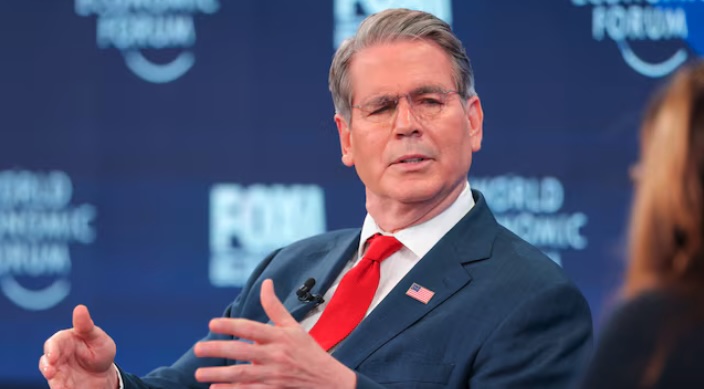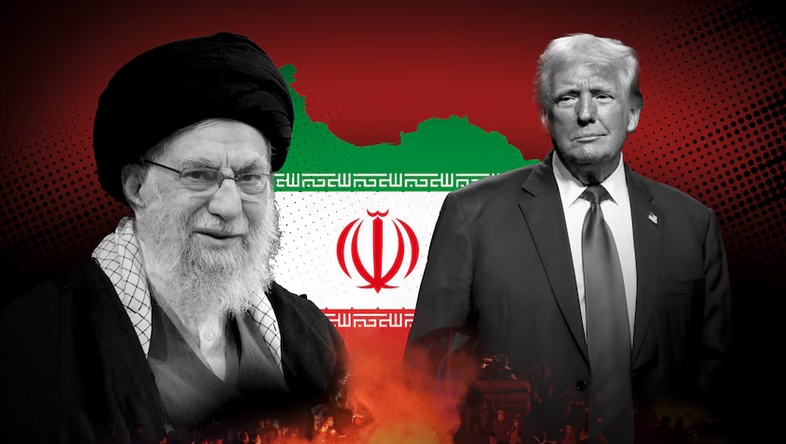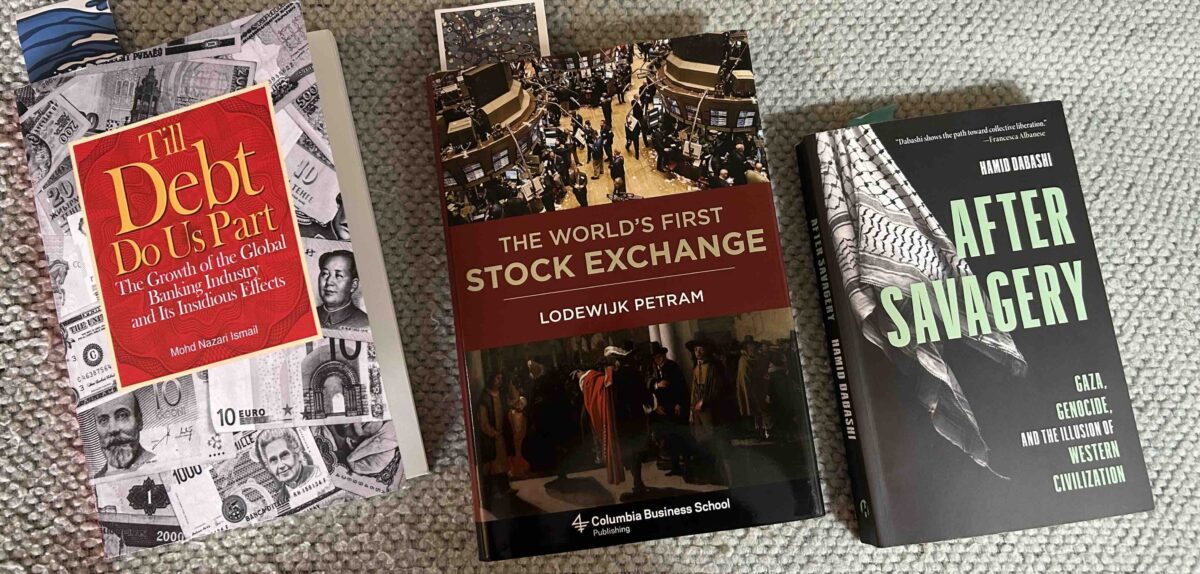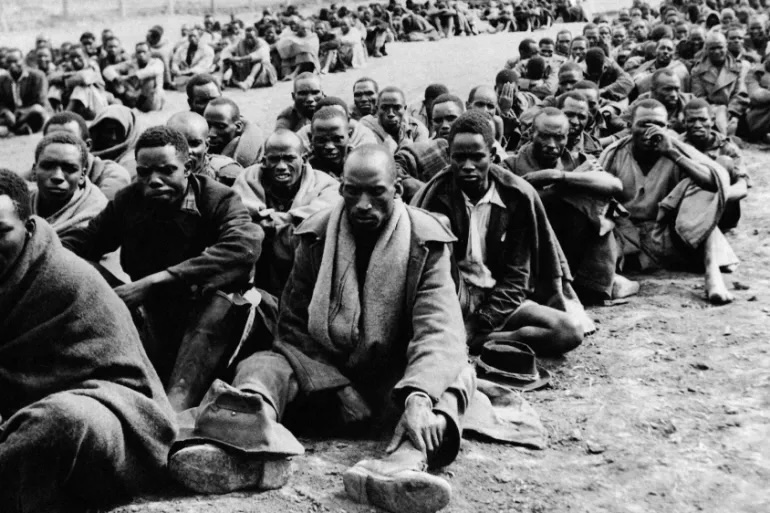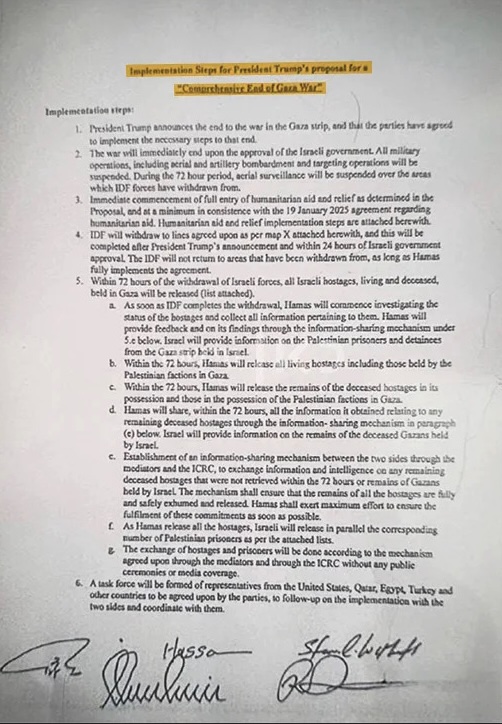Suspected Mau Mau sympathizers rounded up by British in Kenya, 1952
Imagine that, in any century from the 15th century of the Common Era through the present, you’ve made all the plans for a long-distance settler-colonial project. (Bear with me a short while here…) You’ve done a lot of prep work. You’ve pulled together the means of financing this venture and sharing the risks involved, your mode of long-distance transportation, your teams of settlers and the means of protecting their armed encroachment onto a distant land… Finally, you’re ready. You embark your well-armed teams onto your boats and go to the distant land where you want to establish your colony. Ideally you’ve landed in a place with plenty of valuable natural resources, and upon arrival you immediately set out to establish your physical control over as much of the land and resources as you can.
Then, darn it, you discover: There were people in this land before you! They’ve been here for generations. They know all the ways of this ecosystem. They know how to optimize use of its resources, its waterways, and its other means of communication. They have long-established communities with good means of communicating, traveling, and trading across far distances. They have believed for many generations that this land and its resources belong to them. And as soon as they realize that your goal is not simply to trade with them but to seize control of the land and resources, they start to resist.
Very often, their resistance is dogged, fierce, and smart. So now, like any one of the scores of European organizers of long-distance settler-colonial projects before you, you have the dilemma of “What on earth shall we do with these Natives?”
Continue reading “How to deal with resisting Natives: The Kushner plan for Gaza”

